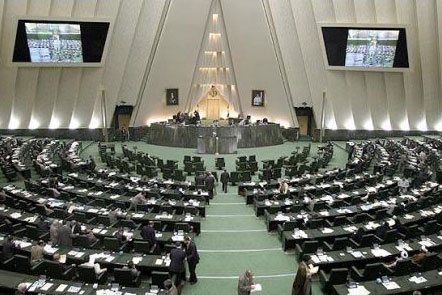Azerbaijan, Baku, Oct. 24 /Trend S.Isayev, T. Jafarov/
The Islamic Republic of Iran has made some changes with regard to the rules of electing country's president, Fars news agency reported.
Namely, Parliament council and interior deals comission's head Hamid Hojasti said that the comission has approved the changes made to the law on the presidental elections in Iran.
According to the new changes, the candidate must be from 45 to 75 years old, and have either master's degree or its equivalent from the seminary of traditional Islamic school of higher learning.
The changes were approved after some 100 hours of discussions, and the necessary changes were made to the artcles 31,33, and 35.
In article 33, it says a "Central Executive Council on elections" should be established, which will include 4 member-panel: the Intelligence Minister, the Interior Minister, head prosecutor and first deputy of the judiciary system.
The Central Executive Council will manage and supervise 30 religious and political figures who will be engaging in preparing the necessary grounds for the elections.
"The Central Executive Council itself will not be monitoring the elections, it rather organizes and looks over the planning and organizing," Hojasti said, adding that the council itself must be established 3 months before the elections take place.
The next presidential elections in Iran will take place on June 14, 2013. The voters will elect the seventh President, successor of Mahmoud Ahmadinejad.
In order to be admitted to the elections race, the candidate must first be approved by 25 experts that he is a religious person, and also by 100 parliament members, who would be able to confirm that he is who he is on the political stage.
The changes in the law will be finalized by the country's parliament, during the next session.






